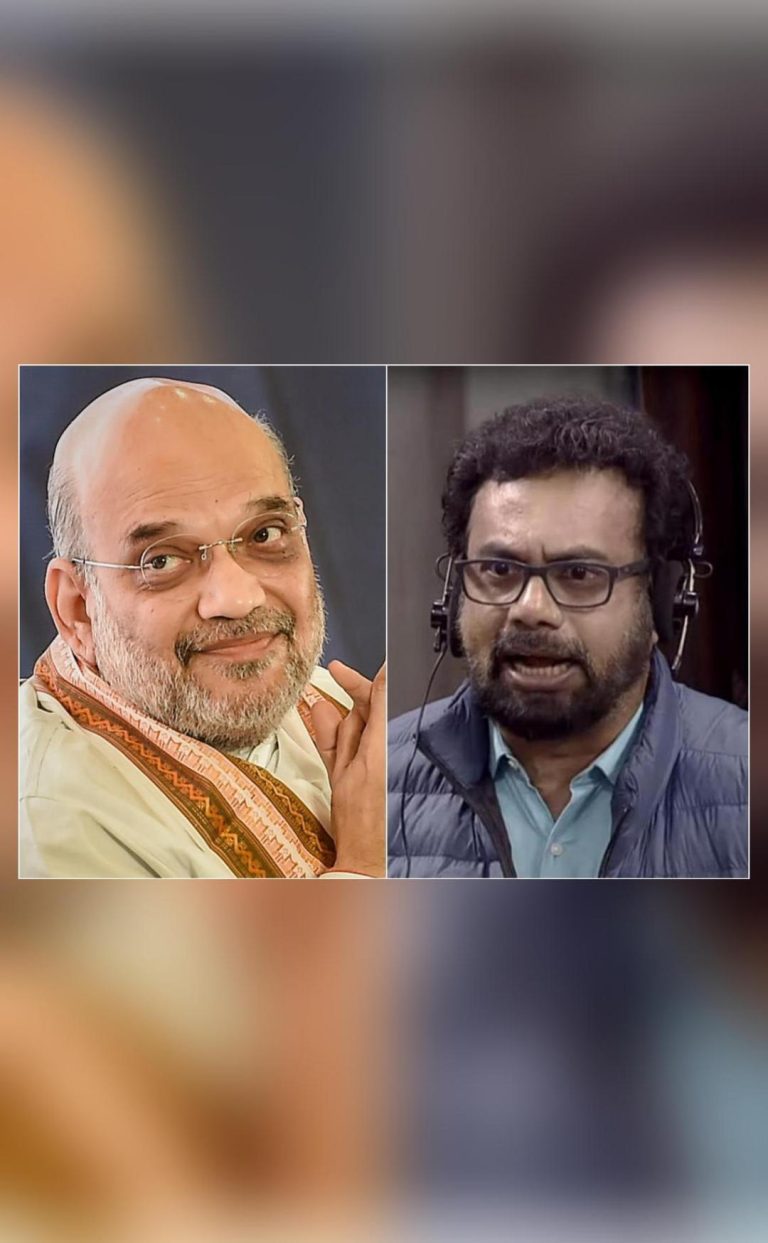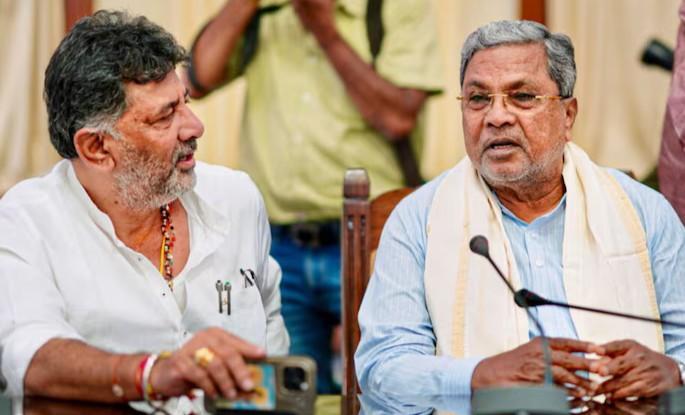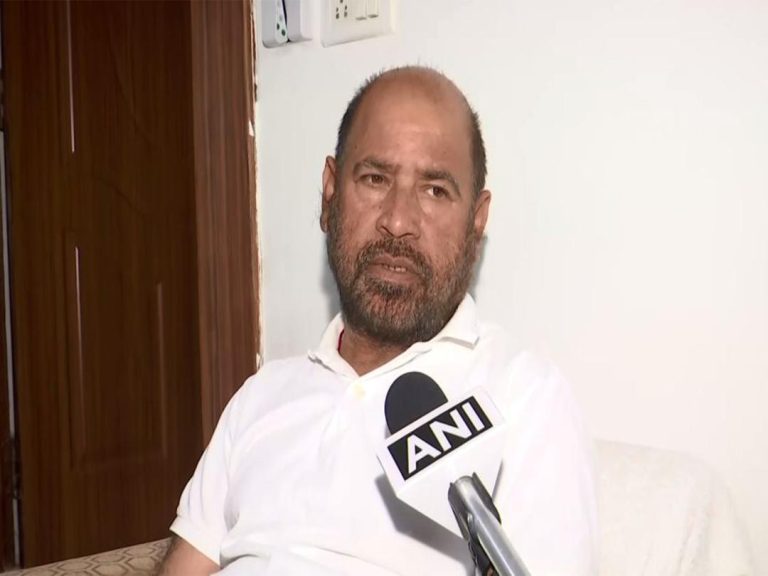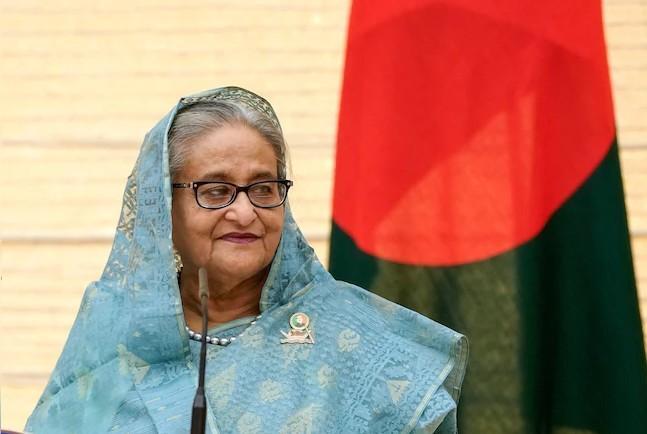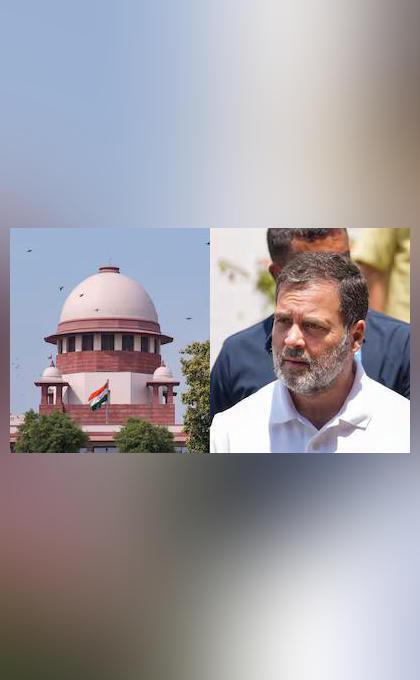
Why ask on social media & not in parliament: SC to Rahul on ‘land grab’ claim
In a recent development, the Supreme Court has rebuked Congress leader Rahul Gandhi over his claim that China had grabbed 2,000 square kilometers of Indian land. The Court’s sharp rebuke came while staying a defamation case against Rahul for his remarks about the Indian Army. The next hearing in the case is scheduled after three weeks.
Rahul Gandhi’s statement, made in 2020, sparked a controversy and led to a defamation case being filed against him. The Court’s decision to stay the case came as a surprise to many, as Rahul’s statement was widely seen as an attempt to discredit the Indian Army and the government.
However, the Court’s rebuke of Rahul Gandhi was not limited to the defamation case. The Court also expressed its displeasure over Rahul’s tendency to make inflammatory statements on social media, rather than in Parliament.
The Court’s observations were made during a hearing in the defamation case against Rahul Gandhi. The Court asked Rahul how he knew that 2,000 square kilometers of Indian land had been grabbed by China. Rahul’s response was that he had made the statement based on reports in the media.
However, the Court was not convinced by Rahul’s explanation. The Court asked why Rahul did not raise the issue in Parliament, where he had the opportunity to ask questions and get answers. Instead, Rahul chose to make the statement on social media, which the Court felt was not an appropriate platform for making such serious allegations.
The Court’s observations were seen as a slap on Rahul’s wrist, and a reminder that making serious allegations on social media is not the same as making them in Parliament. The Court’s decision to stay the defamation case against Rahul Gandhi was seen as a victory for the Congress leader, but the Court’s rebuke was a clear message that Rahul needed to be more careful in the future.
Rahul Gandhi’s statement about China grabbing 2,000 square kilometers of Indian land was made in 2020, during a speech in the Lok Sabha. Rahul’s statement was widely condemned by the government and the Indian Army, and a defamation case was filed against him.
The case against Rahul Gandhi was filed by a lawyer who claimed that Rahul’s statement had damaged his reputation and caused him harm. The lawyer argued that Rahul’s statement was false and malicious, and that it had been made with the intention of causing harm to the lawyer’s reputation.
The Court’s decision to stay the defamation case against Rahul Gandhi was seen as a surprise by many, as Rahul’s statement had been widely condemned and had caused a lot of controversy. However, the Court’s rebuke of Rahul Gandhi was a clear message that making serious allegations on social media is not the same as making them in Parliament.
The Court’s observations were also seen as a reminder that politicians need to be more careful in the future when making serious allegations. The Court’s decision to stay the defamation case against Rahul Gandhi was seen as a victory for the Congress leader, but the Court’s rebuke was a clear message that Rahul needed to be more careful in the future.
The Supreme Court’s decision to stay the defamation case against Rahul Gandhi has sparked a lot of debate and discussion. Some people have argued that the Court’s decision was unfair and that Rahul’s statement was just a legitimate criticism of the government’s handling of the situation.
However, others have argued that the Court’s decision was correct and that Rahul’s statement was inflammatory and irresponsible. The Court’s observations about Rahul’s tendency to make inflammatory statements on social media, rather than in Parliament, were seen as a clear message that politicians need to be more careful in the future when making serious allegations.
In conclusion, the Supreme Court’s decision to stay the defamation case against Rahul Gandhi is a clear message that making serious allegations on social media is not the same as making them in Parliament. The Court’s rebuke of Rahul Gandhi was a reminder that politicians need to be more careful in the future when making serious allegations, and that social media is not an appropriate platform for making such statements.
Source:
